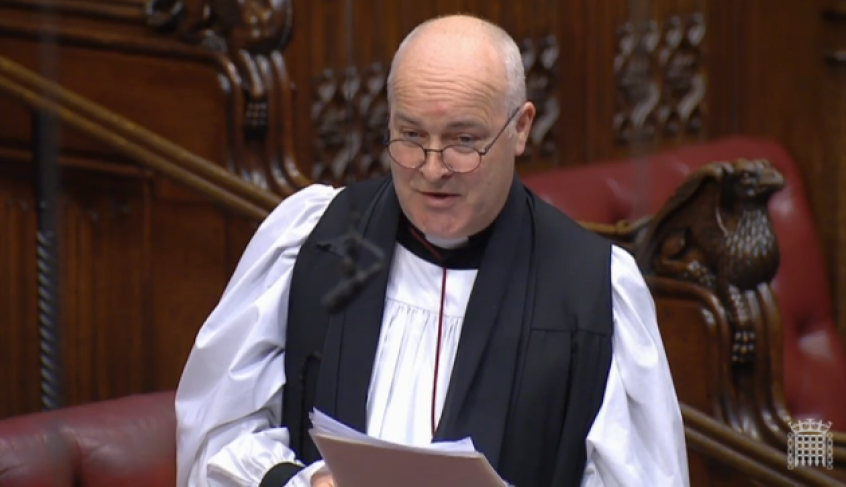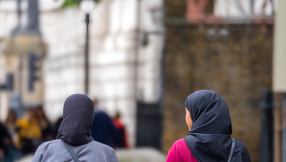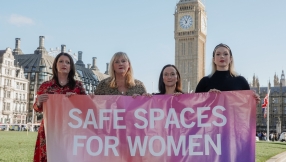An amendment to a House of Lords bill on marriages and civil partnerships aimed at smoothing the way for Church of England and Church in Wales clergy to conduct same-sex marriages was withdrawn today after the government said it would not support it.

One of the three proposers, Lord Faulkner, introduced the amendment to 'remove the exemption for members of the clergy to solemnize the marriage of a same sex couple'. He said the legislation that had allowed same-sex couples to marry had a 'major flaw' in that it effectively ruled out such marriages in the Church of England and Church in Wales.
At present clergy from denominations other than the Anglican Churches of England and Wales may conduct same-sex marriages if their denominations opt to allow them do so. The legislation also protects clergy who do not wish to conduct such marriages from action under anti-discrimination legislation. The amendment to the Civil Partnerships, Marriages and Deaths (Registration etc) Bill sought to end the exemption that means the Church of England and Church in Wales cannot opt in without a change in the law.
Another proposer, Lord Cashman, said the change would not compel Anglican clergy to solemnise marriages. 'It says that if they decide to change their position, they would not have to come back to Parliament,' he said. 'It places the decision in their hands.' He said he defended freedom of religion and belief as a 'born again atheist'.
Other peers expressed their support for the amendment, with Lord Scriven, who is in a same-sex marriage, saying it gives the Church of England 'the provision to do with other churches have done and accept me and my husband as equals'.
The Bishop of Chelmsford, Stephen Cottrell, said the CofE 'seeks to welcome all' and expressed his 'deep regret' if any felt hurt by its position. He referred to the Church's 'Living in Love and Faith' consultation process, saying: 'It is no secret that there are differing, strongly held views in the Church of England on these questions. We recognise that these are vital matters affecting the wellbeing of communities and we are waiting to see what will emerge.'
He said the amendment would 'only make matters more difficult for the Church, not easier'.
The amendment was opposed by Baroness Williams for the government and was withdrawn without a vote.













